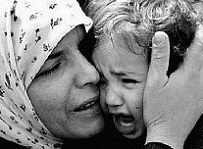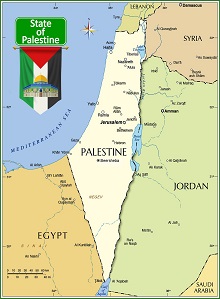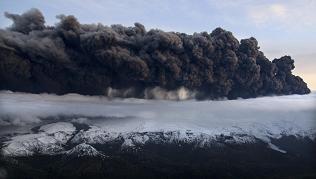 Iceland is among the world's most volcanically active places
Iceland is among the world's most volcanically active places
The volcano erupting from beneath Iceland's Eyjafjallajokull glacier and causing airport closures across northern Europe is a typical example of the kind of shield volcanoes that formed the island and still erupt on a regular basis. The Icelandic eruptions are much less forceful than the ones that occur regularly in Alaska and elsewhere around the Pacific Ring of Fire, but they have been active for eons and are enormous when their full size is taken into account -- from the bottom of the ocean to the top of the volcano.
"Because of where it sits, Iceland is one of the most volcanically active places in the world," said Chris Waythomas, scientist in charge of the Alaska Volcano Observatory, an arm of the U.S. Geological Survey, in conjunction with the state and the University of Alaska. "It was bad luck that the wind took the ash where it did, but this kind of thing happens all the time." Iceland has 35 active volcanoes on or around the island, which is about 100 miles long and 60 miles wide. This volcano's last eruption was in 1821 and lasted for 13 months. Míla: "Eyjafjallajökull" frá Valahnúk (WEBCAM) + "Hvolsvelli" frá Valahnúk (WEBCAM). James Delingpole: Official: Icelandic volcano was "caused by Man Made Global Warming."





